An interview with Mary Beard
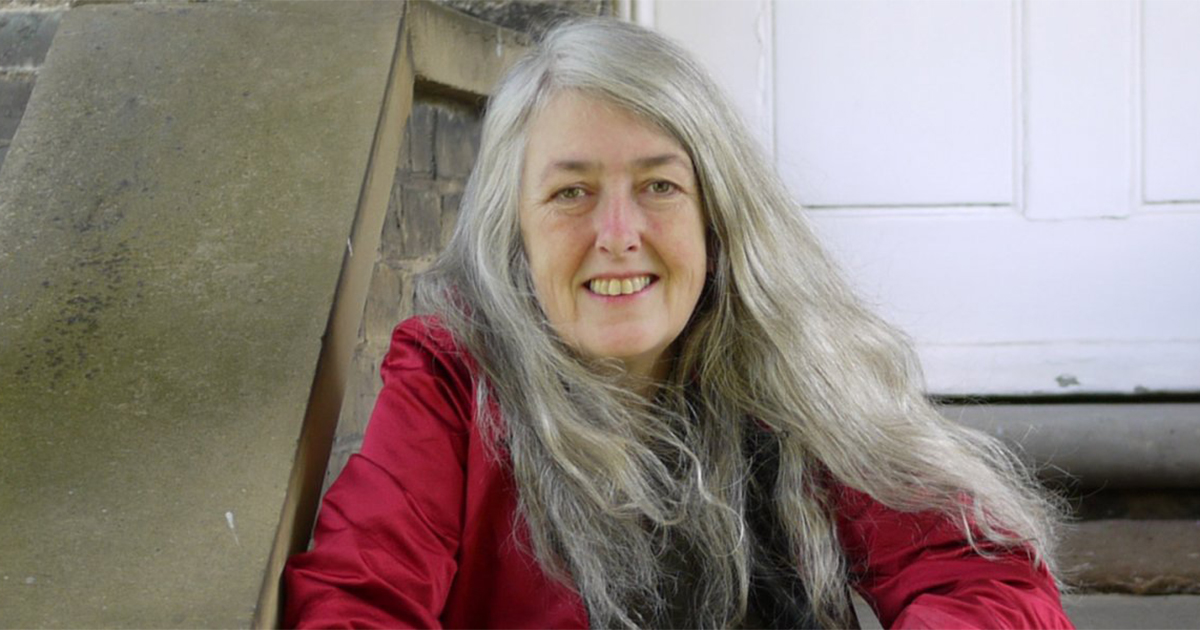
Mary Beard is one of the world’s leading classicists and cultural commentators. She is professor of classics at the University of Cambridge. Her most recent book is Twelve Caesars (2021).
If you could go anywhere tomorrow, where would it be, and why?
That has a very particular resonance as we approach what we all hope might be the beginning of the end of Covid. I can’t wait to get back to Rome. I’m currently writing a very different book on Roman emperors from Twelve Caesars, looking back to the ancient world itself and trying to think harder about what life was really like for them: what they did all day, etc. So, I really want to get to Hadrian’s Villa at Tivoli again soon.
What’s your idea of hell?
A walking holiday!
What do you consider the most specious virtue?
It has to be ‘sincerity’. It’s not that I want to advocate ‘insincerity’ as such, but I dislike the way we let bad arguments off the hook on the grounds that that they are sincerely held!
What’s your favourite film?
Usually it’s the last one I enjoyed. But if I was choosing one for my ‘desert island’, and allowing myself a bit of sentimentality, I think I would go for Casablanca.
And your favourite book?
That really is impossible!
Continue reading for only $10 per month. Subscribe and gain full access to Australian Book Review. Already a subscriber? Sign in. If you need assistance, feel free to contact us.


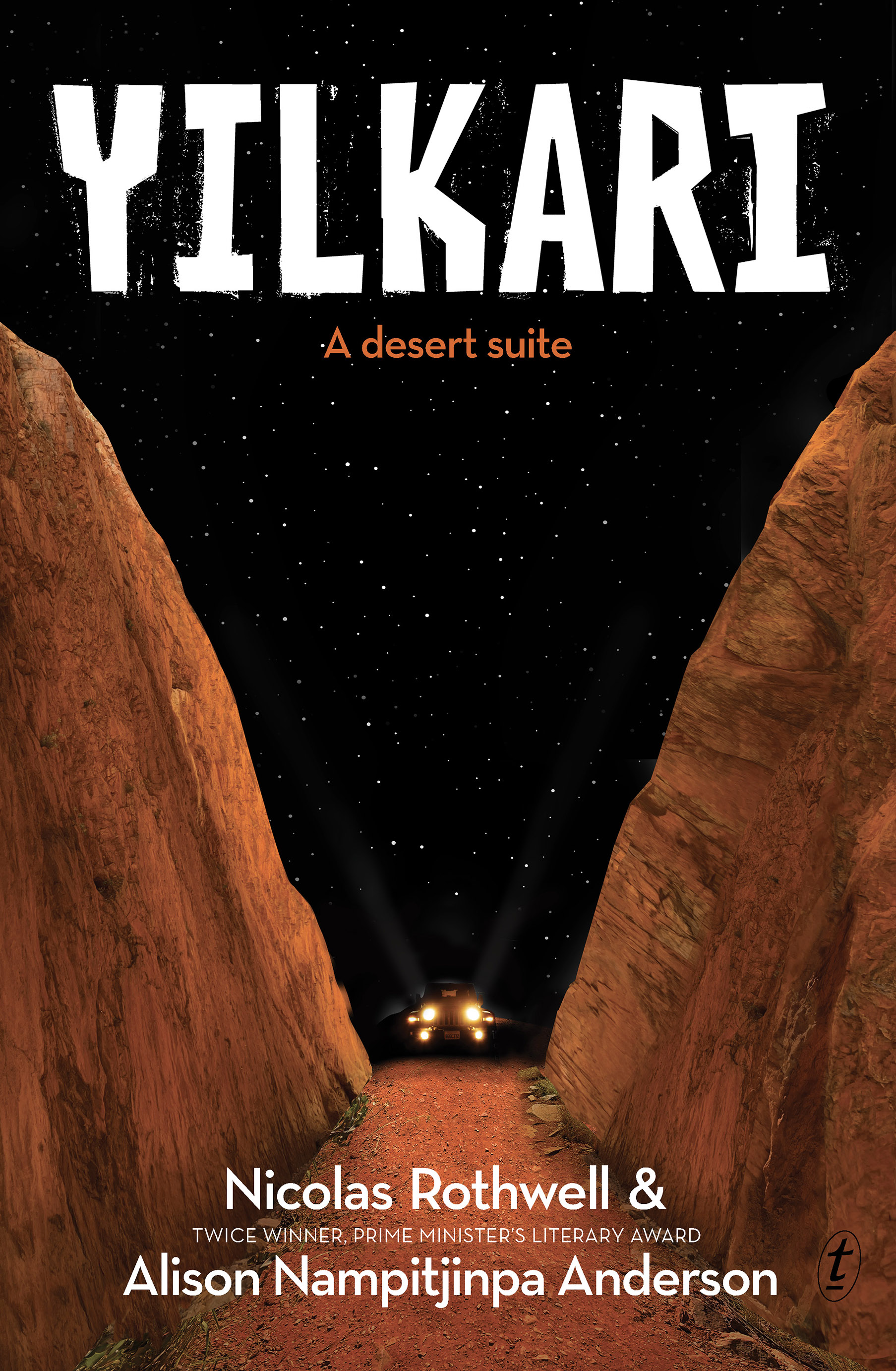
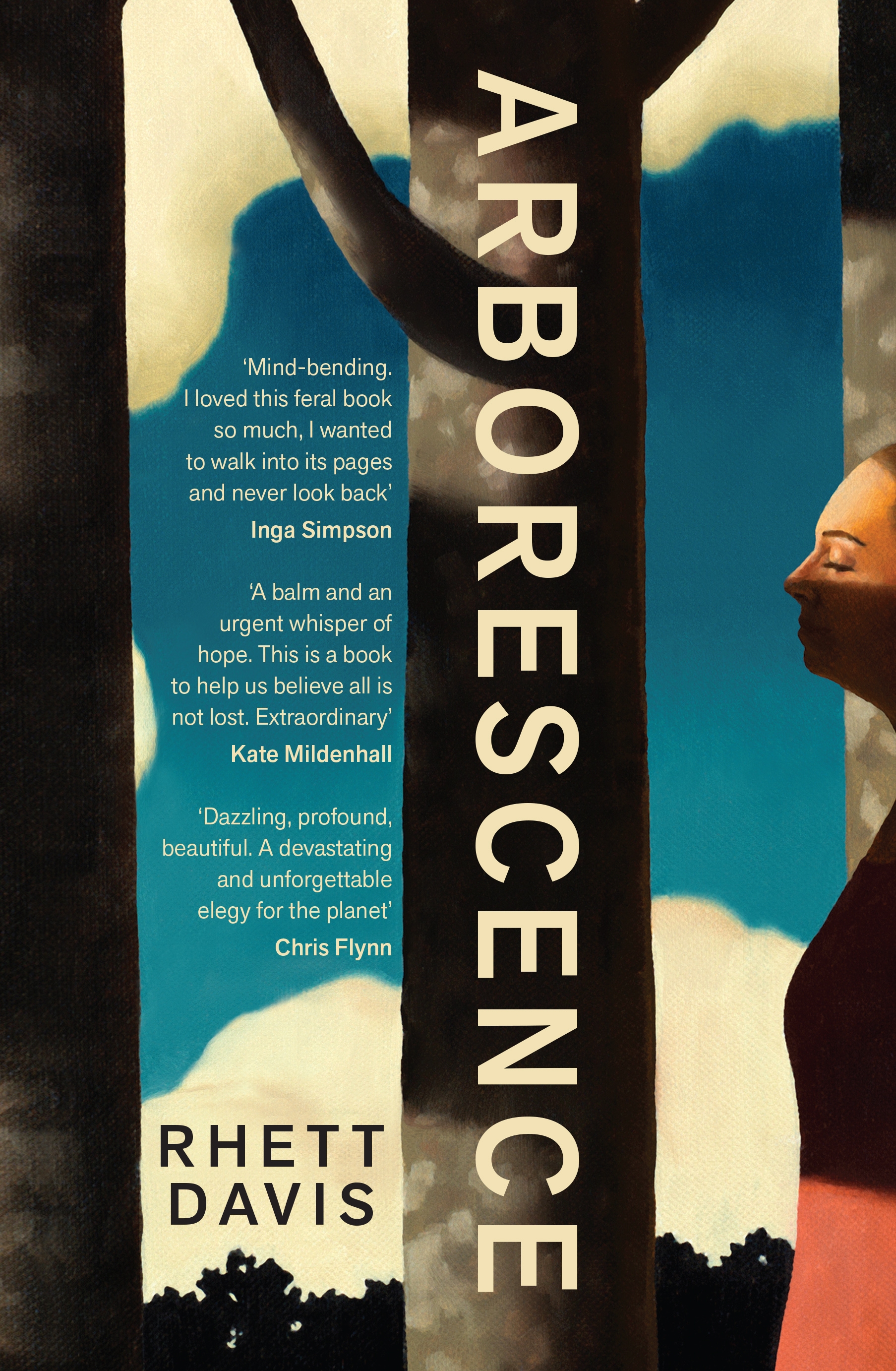
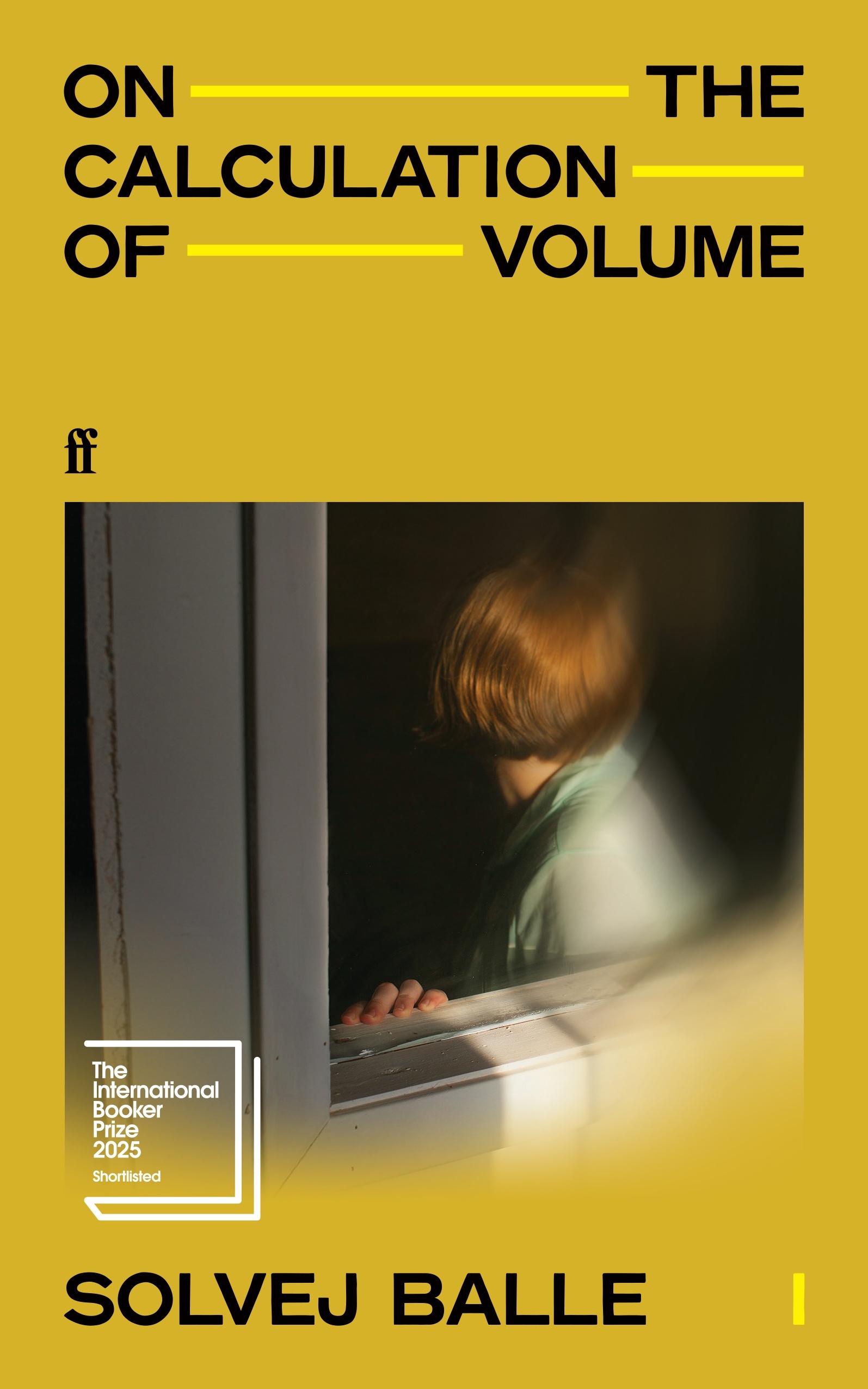
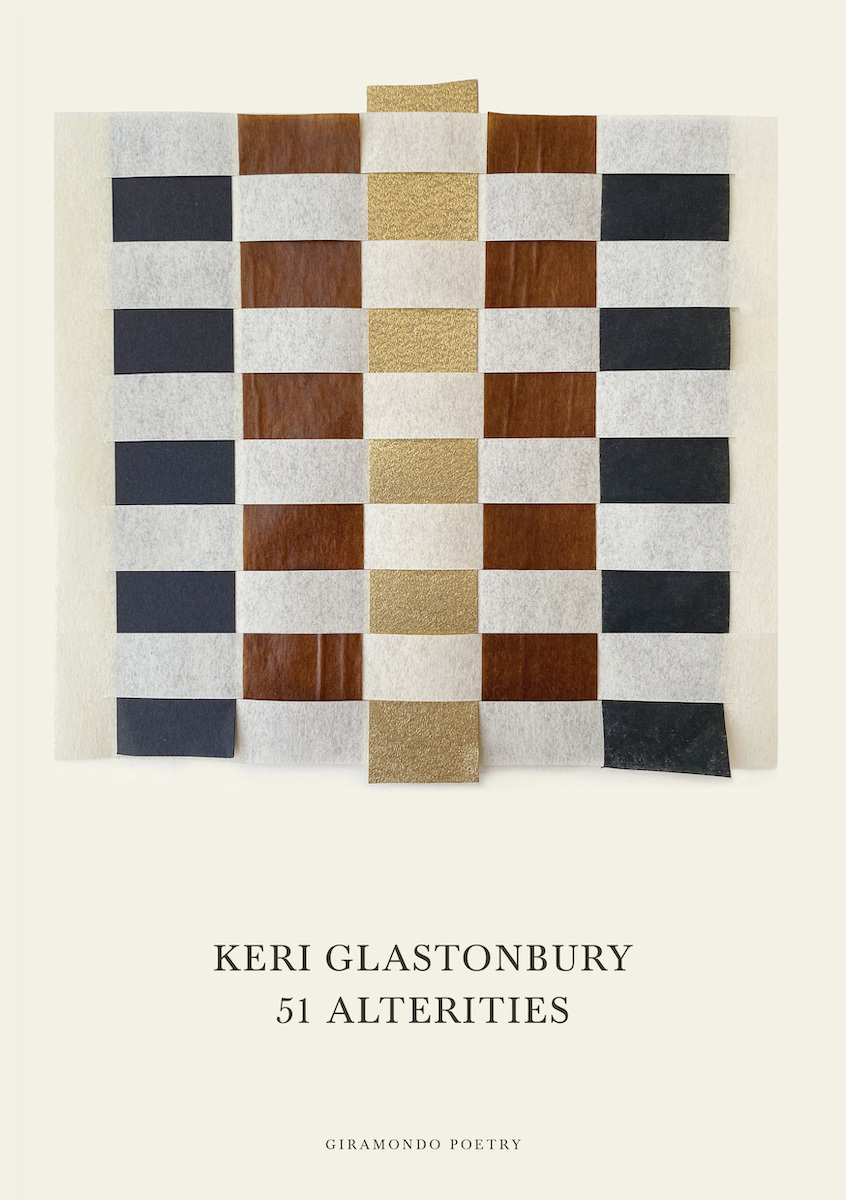
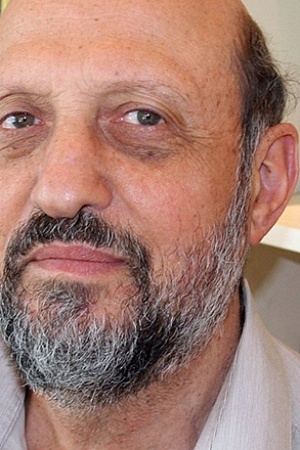
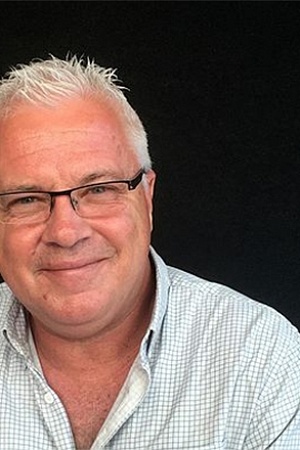

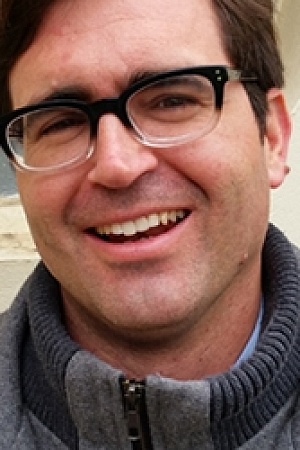
Leave a comment
If you are an ABR subscriber, you will need to sign in to post a comment.
If you have forgotten your sign in details, or if you receive an error message when trying to submit your comment, please email your comment (and the name of the article to which it relates) to ABR Comments. We will review your comment and, subject to approval, we will post it under your name.
Please note that all comments must be approved by ABR and comply with our Terms & Conditions.